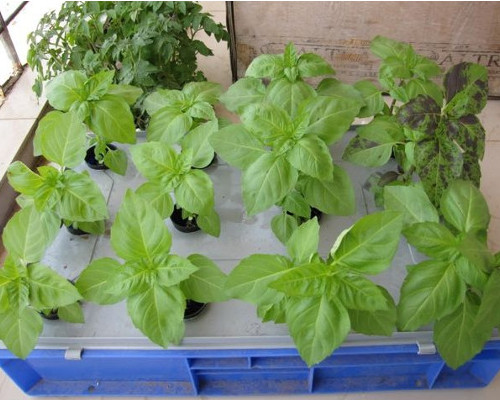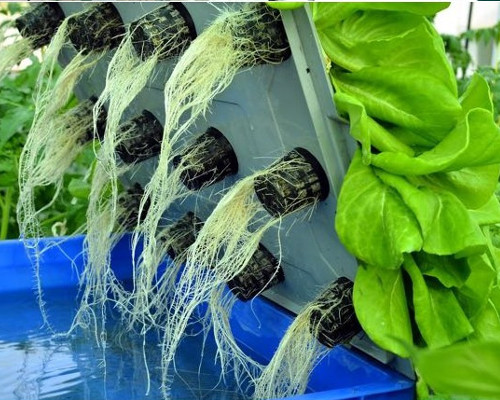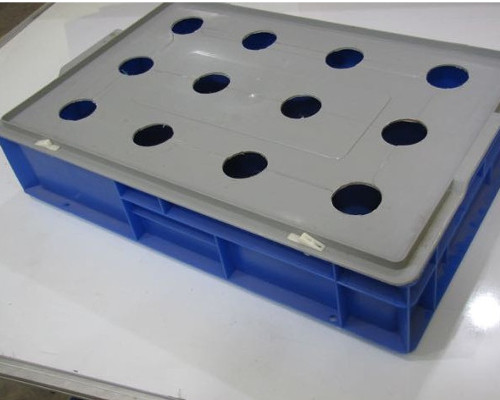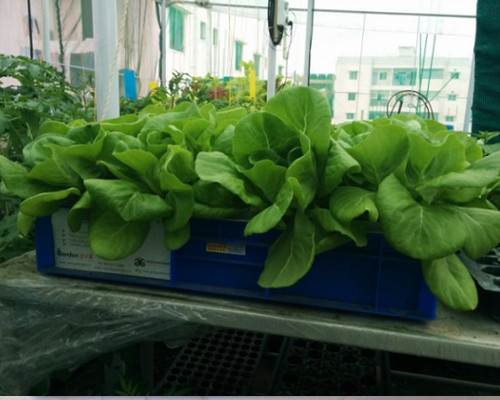Hydroponic is a subset of hydro-culture and is a method of growing plants using mineral nutrient solutions, in water, without soil. Terrestrial plants may be grown with their roots in the mineral nutrient solution only or in an inert medium, such as Coco peat, perlite, gravel, mineral wool, expanded clay pebbles or coconut husk.
Researchers discovered in the 18th century that plants absorb essential mineral nutrients as inorganic ions in water. In natural conditions, soil acts as a mineral nutrient reservoir but the soil itself is not essential to plant growth. When the mineral nutrients in the soil dissolve in water, plant roots are able to absorb them. When the required mineral nutrients are introduced into a plant's water supply artificially, soil is no longer required for the plant to thrive. Almost any terrestrial plant will grow with hydroponics. Hydroponics is also a standard technique in biology research and teaching.
Some of the reasons why hydroponics is being adapted around the world for food production are the following:
Today, hydroponics is an established branch of agronomy. Progress has been rapid, and results obtained in various countries have proved it to be thoroughly practical and to have very definite advantages over conventional methods of horticulture.
There are two chief merits of the soil-less cultivation of plants.
First, hydroponics may potentially produce much higher crop yields.
Also, hydroponics can be used in places where in-ground agriculture or gardening are not possible.




For ordering, contact us.

Established in the year 2015, Pioneer Agro Industry has been an exclusive store for urban gardening, Terrace Gardening, agriculture and farming.
Phone : +422-2563050, 2562552
Mobile : +91-9994994429
E-mail :
pioneeragro99@gmail.com
Pioneer Agro Industry
14, Pudur Main Road,
Peelamedu,
Coimbatore – 641004
Tamilnadu
India